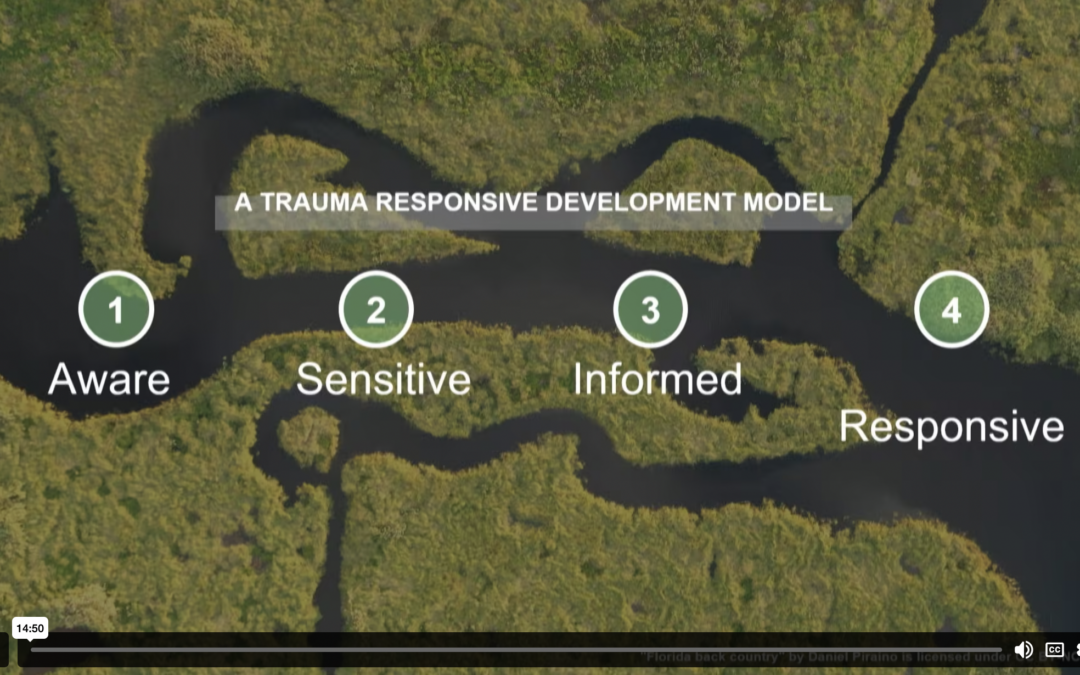Ethnography has grown, like many other industries, in tandem with a fossil fuel economy. As evidence of weather, resource and species disruption surround us on a daily basis, the climate sessions provided guideposts and practical resources to adjust and thrive as informed, climate-conscious...





